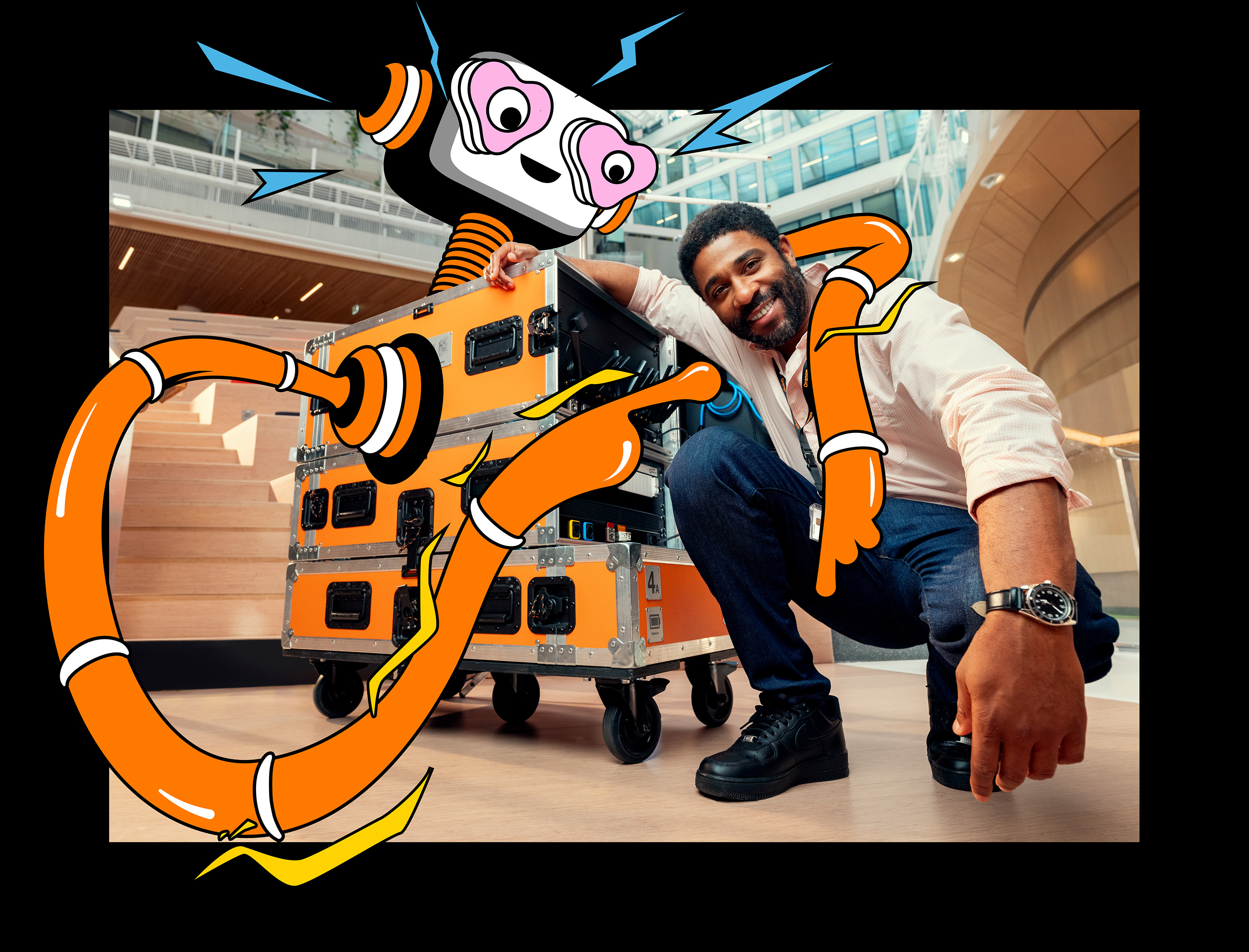In a world of opportunity...
Orange is here
Hello, Bonjour, Hola, Cześć, Hallo, مرحبا, Ahoj, नमस्ते, 你好
Every day, our teams connect across cultures, languages, and continents — from Europe to Africa, the Middle East, and beyond.
Wherever you’re from, and whichever path you’re exploring, we’re glad you’re here.
Wherever you’re from, and whichever path you’re exploring, we’re glad you’re here.

Dare.
From dream to reality, it's just a date.
New Orange Graduate Programme campaign, from 5 January to 6 March 2026.
New Orange Graduate Programme campaign, from 5 January to 6 March 2026.
A sense of mutual respect and mindfulness permeates our culture-in fact, it’s the key to our success.
Build a Meaningful Future
at Orange.
Get to Know Us
Orange is a global company with a presence in many countries – explore our world and discover the exciting careers that power the future!

Our Values
Join us!
Working at Orange is about becoming part of a culture where values guide our daily actions. Care, responsibility, boldness: these words become true at Orange. Are you joining our team? We’ll welcome you. Got a question? We’ll take the time to answer it. Got a solution to suggest? We’ll test it together and implement it together.
Work where your ideas matter and your role impacts customers, society, and the planet?
Working at Orange is about becoming part of a culture where values guide our daily actions. Care, responsibility, boldness: these words become true at Orange. Are you joining our team? We’ll welcome you. Got a question? We’ll take the time to answer it. Got a solution to suggest? We’ll test it together and implement it together.
Work where your ideas matter and your role impacts customers, society, and the planet?
A sense of mutual respect and mindfulness permeates our culture-in fact, it’s the key to our success.

Discover Missions
All over the world
Do you want to take action and give meaning to your job? Welcome to Orange. Every mission of our employees counts. Connecting, Securing, innovating, simplifying: we act wherever it makes sense. In Europe, Middle East and Africa or anywhere in the world. Wherever you are, we need you. And we’re ready to welcome you.
Do you want to take action and give meaning to your job? Welcome to Orange. Every mission of our employees counts. Connecting, Securing, innovating, simplifying: we act wherever it makes sense. In Europe, Middle East and Africa or anywhere in the world. Wherever you are, we need you. And we’re ready to welcome you.
A sense of mutual respect and mindfulness permeates our culture-in fact, it’s the key to our success.

Make an Impact
Diversity, Equity and Inclusion: your uniqueness matters
One of Orange’s greatest strengths? The richness of our teams. Across 65 countries, our 140 nationalities embody a collective driving force: diversity. Looking for an inclusive environment where your skills come first?
One of Orange’s greatest strengths? The richness of our teams. Across 65 countries, our 140 nationalities embody a collective driving force: diversity. Looking for an inclusive environment where your skills come first?
A sense of mutual respect and mindfulness permeates our culture-in fact, it’s the key to our success.

Grow my Career
Find meaning and impact at every stage of your career
Are you a student, recent graduate, career changer or experienced manager? Welcome to Orange.
There are no set paths here. It’s up to you to choose the trajectory that best fits you, makes the most sense, and hast the most impact. We’ll help you create it at your own pace, according to your desires. Are you evolving? So are we, alongside you.
Are you a student, recent graduate, career changer or experienced manager? Welcome to Orange.
There are no set paths here. It’s up to you to choose the trajectory that best fits you, makes the most sense, and hast the most impact. We’ll help you create it at your own pace, according to your desires. Are you evolving? So are we, alongside you.
A sense of mutual respect and mindfulness permeates our culture-in fact, it’s the key to our success.





